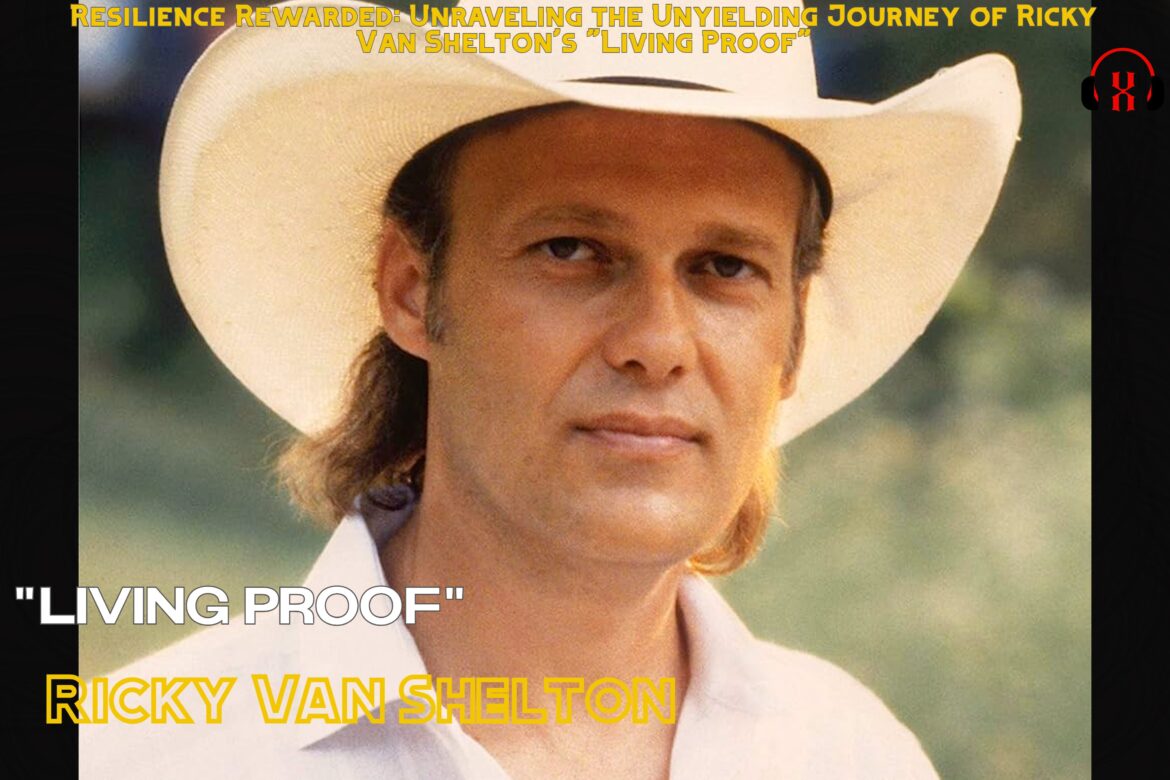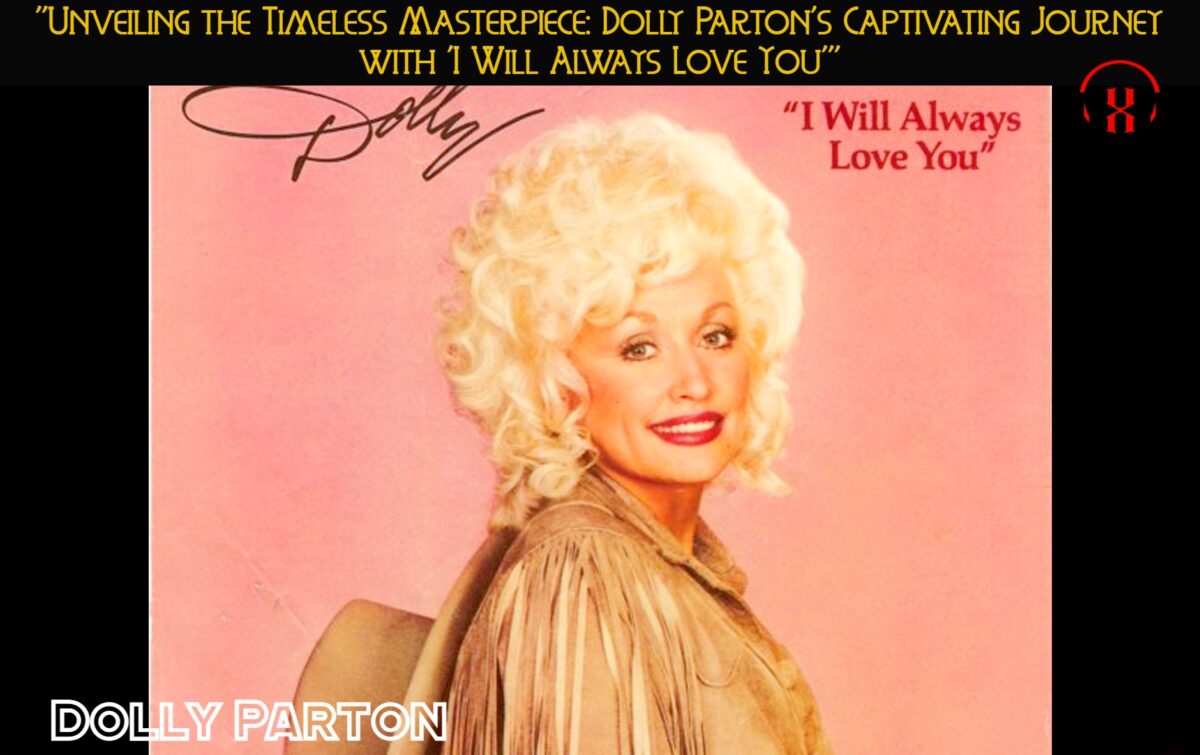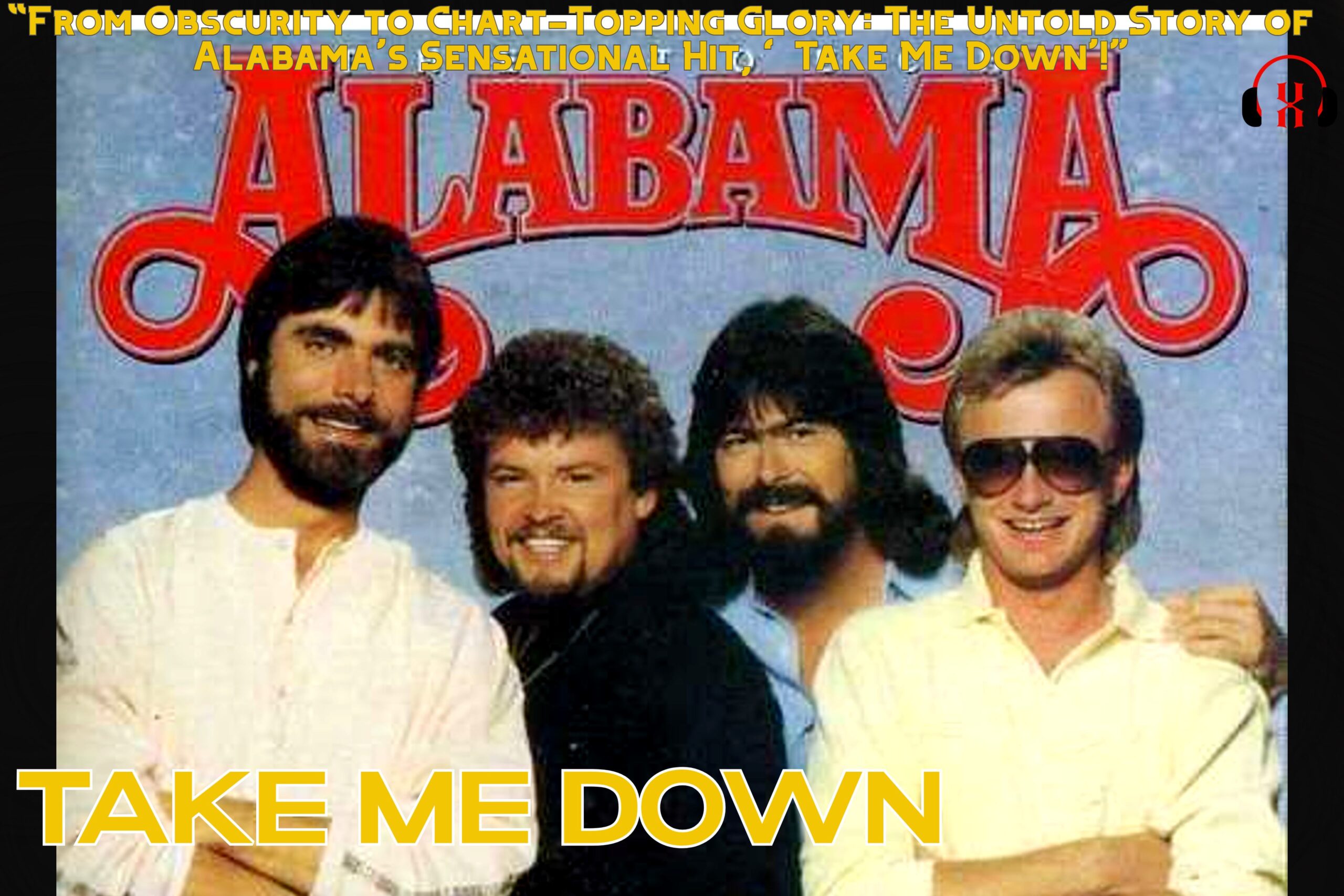![]()
Rewritten Article: The Enchanting Tale Behind Dolly Parton’s “I Will Always Love You”
In the realm of music, there are some songs that transcend time and touch the deepest corners of our hearts. One such extraordinary composition is Dolly Parton‘s “I Will Always Love You.” Its captivating melody and heartfelt lyrics have resonated with audiences for decades, leaving an indelible mark on the music industry. But what is the story behind this timeless masterpiece?
Dolly Parton, often regarded as a natural-born songwriter, was destined for musical greatness from an early age. Growing up in the picturesque backwoods near Sevierville, Tennessee, Dolly began composing songs even before she could read or write. Her melodies would flow effortlessly, and her mother would faithfully transcribe them onto scraps of paper. As a teenager, Dolly’s musical talents garnered attention far and wide, solidifying her reputation as a gifted musician.
In 1964, the day after her high school graduation, Dolly embarked on a journey to Nashville, the hub of the music industry, with dreams of achieving stardom. Armed with determination and raw talent, she amazed record executives with her mountain soprano voice and her own compositions. However, finding her unique style proved to be a challenge for the industry, which was accustomed to powerful, throaty female voices. Despite a record deal and a songwriter’s draw from a publisher, Dolly’s career hit a roadblock.
For years, Dolly struggled to find her musical identity as record label Monument Records attempted to mold her into a different artist. But their efforts proved futile, and they eventually dropped her, leaving Dolly without prospects and unable to interest other performers in her songs. Just when it seemed like her dreams were slipping away, fate intervened in the form of Norma Jean Beasler, a featured vocalist on Porter Wagoner’s popular television show.
Norma Jean’s decision to leave the music business opened the door for Dolly to step into the spotlight. Porter Wagoner, recognizing her potential, hired Dolly and secured a record deal for her at RCA. Over the next seven years, their partnership flourished, captivating audiences both on television and during their tours. As Dolly gained exposure, her talent shone through, and she began to make her mark in the industry.
However, by 1974, Dolly yearned to break free from the confines of her association with Porter Wagoner and reach new heights of success. But their separation was far from easy and resulted in a bitter legal battle that would leave lasting scars. During this tumultuous period, Dolly turned to songwriting as a source of solace and reflection. She delved into the depths of her life’s tragedies, capturing her emotions in a hauntingly beautiful ballad— “I Will Always Love You.”
Taking the song to her producer at RCA, Bob Ferguson, Dolly’s delicate lyrics were wrapped around a simple, yet powerful, melody. Her heartfelt delivery evoked all the necessary emotions, and “I Will Always Love You” became an ode of gratitude to Porter Wagoner, a thank you for the break he had given her and a poignant farewell.
Upon its release in 1974, the song climbed the charts, reaching the pinnacle of Billboard’s Hot Country Singles chart for one week on June 8th. While other Parton singles had achieved greater commercial success, “I Will Always Love You” resonated deeply with audiences. It showcased a vulnerable side of Dolly, stripped of show business trappings, and allowed listeners to glimpse the true essence of the enigmatic artist.
In a surprising twist, the song’s journey didn’t end there. In 1982, during the filming of “The Best Little Whorehouse in Texas,” Dolly’s star power caught the attention of pop and soul sensation Whitney Houston. Searching for a song that would showcase her magnificent voice, Whitney chose Dolly’s “I Will Always Love You” as the theme for her motion picture debut in the film. The result was a phenomenal success, with Whitney’s rendition dominating the top of the charts worldwide, surpassing even Elvis Presley’s iconic singles.
While many believed that Dolly’s song would never be covered again after Whitney Houston’s monumental success, she had other plans. In 1995, Dolly returned to the studio, this time with Vince Gill, to record a duet version of “I Will Always Love You.” The new rendition reached number fifteen on Billboard’s country singles chart and was named the CMA’s “Vocal Event of the Year.”
Dolly’s captivating journey with “I Will Always Love You” came full circle on August 26, 1995, when she made a triumphant return to Nashville’s Grand Ole Opry. Joined by Porter Wagoner, who introduced her to the stage, Dolly’s performance of the song brought the audience to their feet, symbolizing the end of their feud and the rekindling of their friendship until Porter’s passing in 2007.
Throughout her career, Dolly Parton’s music has transcended genres, touching the lives of millions worldwide. “I Will Always Love You” remains an emblem of her songwriting prowess and an enduring testament to her remarkable journey. Beyond country music, Dolly’s influence has extended into the realms of movies, television, and awe-inspiring live performances, solidifying her status as one of the world’s most beloved and iconic stars.
So, the next time you listen to the enchanting melody of “I Will Always Love You,” remember the extraordinary story behind the song and the resilient spirit of the artist who brought it to life.

Artist: Dolly Parton
Released: 1974
Album: Jolene
Genres: Ballad, Country
Lyrics
If I should stay
Well I would only be in your way
And so I’ll go, and yet I know
I’ll think of you each step of the way
And I will always love you
I will always love you
Bitter-sweet memories
That’s all I’m taking with me
Good-bye, please don’t cry
‘Cause we both know that I’m not
What you need
But I will always love you
I will always love you
And I hope life, will treat you kind
And I hope that you have all
That you ever dreamed of
Oh I do wish you joy
And I wish you happiness
But above all this
I wish you love
I love you
I will always love you
I, I will always, always love you
I will always love you
I will always love you
I will always love you






Comments on ““Unveiling the Timeless Masterpiece: Dolly Parton’s Captivating Journey with ‘I Will Always Love You'””